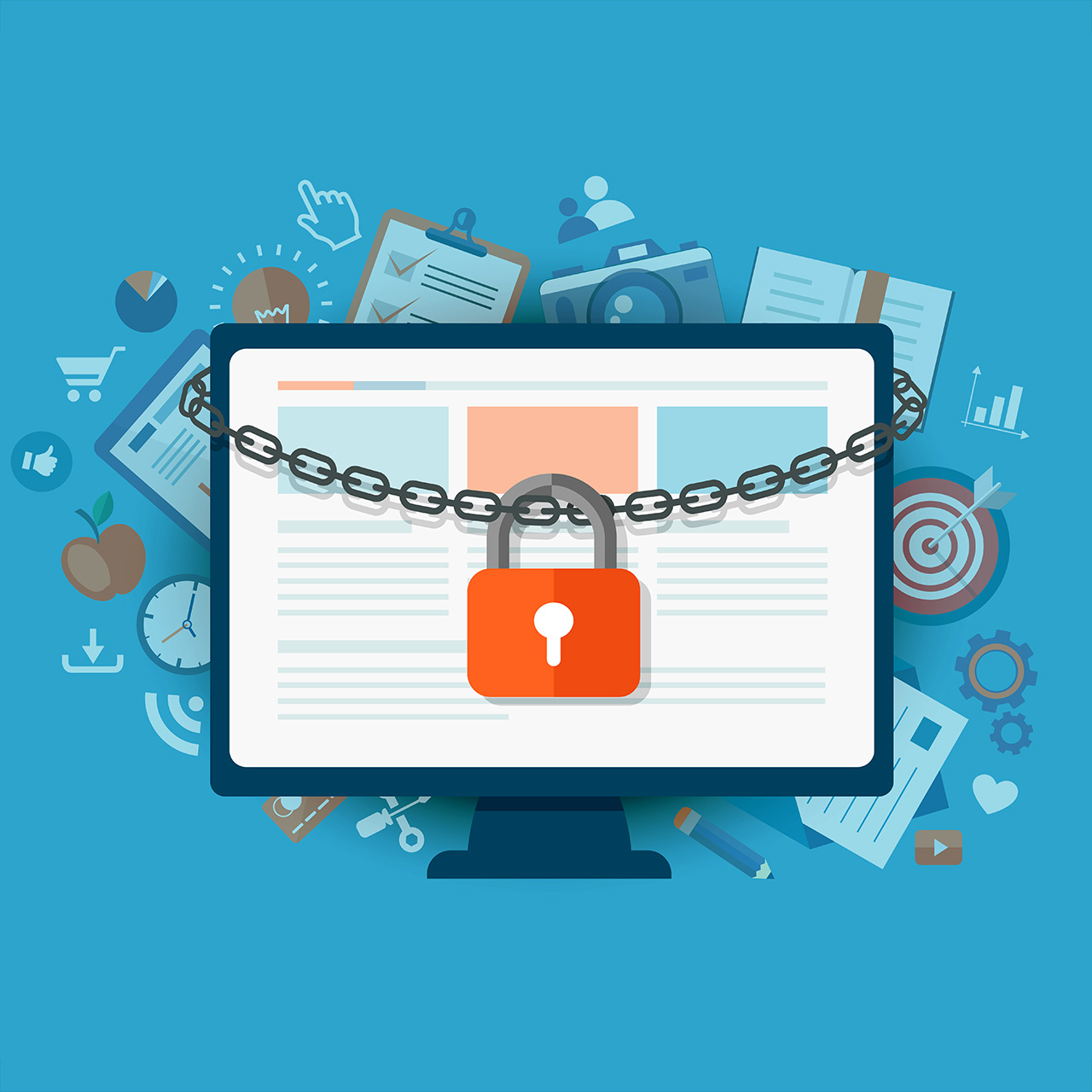How To Protect Your Privacy Over The Internet?

Concerned about how much of your private information is on the Windstream internet and at risk of misuse or theft? Don’t fret too much as you are not alone. Online privacy is a critical issue.
However, there are some ways through which you can protect your personal and financial information while you visit your favorite entertainment, news, and social media sites. By making a few simple modifications to your accounts and devices, you can safeguard your privacy from those you do not allow to share your information with as well as maintain security against unwanted attempts of outside parties to access your data.
Here is a brief guide to the few steps you can take to secure yourself and your information online.
Get a Password Manager to Protect Your Data
On average, a person has a maximum of 80 passwords to remember. Consequently, most of us end up reusing our old passwords or depending on passwords that are hard to forget, but easy to crack.
For this reason, we suggest you get a password manager. It provides you a safe place to store all your passwords and also tells you about their strength and repetition patterns to help you create better and stronger passwords.
Use A VPN to Stay Safe on Public Wi-Fi Networks
When you are using an unprotected or public Wi-Fi network, always use a Virtual Private Network (VPN) to connect to the internet like Windstream internet. Often, these unprotected Wi-Fi hotspots at airports, coffee shops, and other public places offer free Wi-Fi that hackers can use to steal your personal identity and data.
Update Your Social Media Privacy Settings
It is always better to go to tweak a few privacy settings to protect your personal information from getting leaked. Some most common ones to look out for are:
- Whenever you are posting a picture or a status, always turn off your location data.
- Disable the feature that allows anyone to tag you in a photo.
- Change the visibility settings of your phone number, email address, and other personal information to only me.
- Do not give twitter permission to access your contact or address book.
Don’t Neglect Your Mobile Devices
It is essential to protect your online privacy on your smartphones as well.
- Make sure your smartphone has a strong unlock passcode.
- Always use caution when searching the web, reading emails, or downloading apps on your mobile devices.
- If there is a software update, do not ignore it and always try to install it at your earliest.
Beware of Where You Click
One of the most common ways in which scammers break into your private system is through phishing attempts. In that, hackers try to deceive you into giving out your personal or valuable financial information. They often do so by sending fake emails which look super close to real ones and you may think the message is from your credit card providers, banks, or other financial institutions. The real problem arises when you fall for what these emails ask you to do. For example, the email may ask you to click on a link to verify your information to keep your account from being closed or frozen. Don’t fall for these scams. If you are confused, call your bank and enquire if there is any issue with your account.
Browse in Private or Incognito Mode
If you do not want your computer to keep a track of your temporary internet files, browsing history, or cookies, then surf the web in private mode.
Nowadays, web browsers come with their own versions of privacy protection. For instance, in Firefox, it is called Private Browsing. In Chrome, it is browsing in the Incognito Mode and Internet Explorer has its privacy feature by the name of InPrivate Browsing. If you turn these modes on before searching on the web, chances are that people won’t able to trace your browsing history.
Bottom Line
We hope these simple tricks and tips help you protect your privacy over the internet. Whatever approach you choose to secure your personal information, keep in mind that, not only is this possible, but it is your right to take the steps necessary to keep hackers and trackers at bay.





